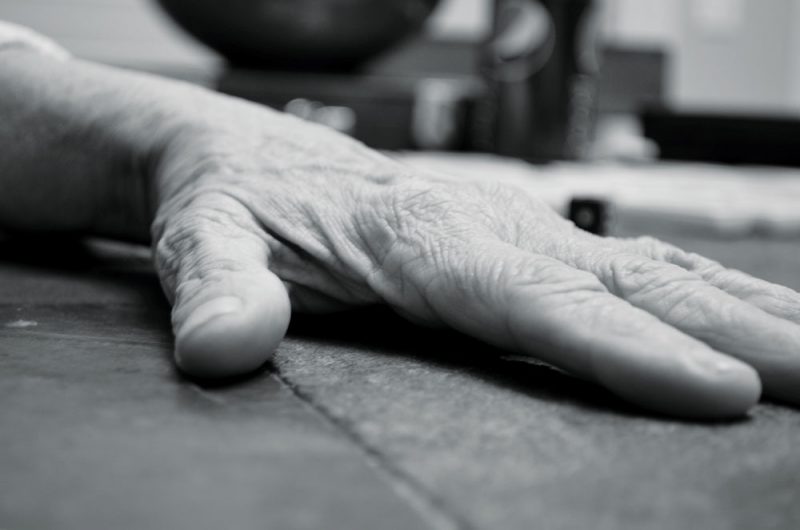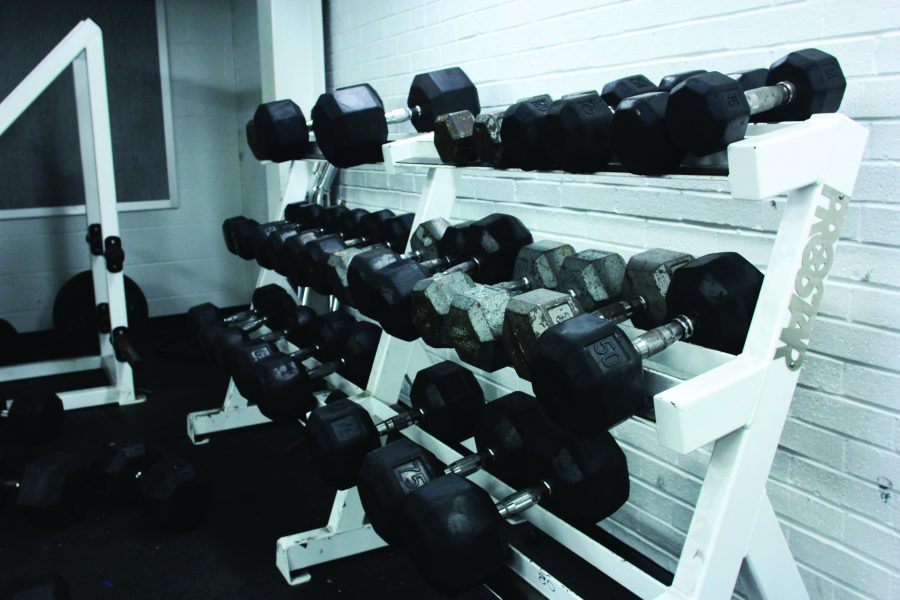Minutes away from starting a race, freshman Brandon Young attempts to clear his mind. He tries to escape from the fear of losing, the fear of failure, and focuses instead on fueling his confidence.
Taking deep breaths, he walks onto the track with the rest of the team. With 10 seconds to go, he tightens his shoelaces in anticipation and bends into ready position: 3, 2, 1.
“[When I’m running,] I try to think about getting a better time more so than place [at the end of the race,]” Young said. “I think about getting a personal record [and further improvement and] how much better I can get than previously. I think mental preparation is half of it, and the rest is physical.”
For Young, starting the habit of running every day meant hard work, but because his running routine started out as a habit that became a passion, he now sees the power that small daily habits have on people.
Similar to Young’s idea of habits, the book, Better Than Before by Gretchen Rubin demonstrates the importance of habits.
Of the four categories of habit-formers, there are the upholders, who address inner and outer expectations, the questioners, who question all expectations of them, and only meet expectations if it makes sense to them, the rebels, who resist all expectations of them and the obligers, who meet outer expectations, but struggle to meet any inner desires.
When taking the quiz on gretchenrubin.com to see which habit category individuals fit into, Young scored with the habit forming tendency of ‘upholder’.
His journey to running demonstrates his upholder mindset of meeting inner and outer expectations when starting a habit.
“If I commit to something, I’m always 100 percent on board. I try to never quit anything I do. I love seeing improvement. Some things I don’t like doing because you can’t see results,” Young said. “For me, [I don’t like] lifting weights, some things like that where it takes a really long time to see results because you’re doing the same motion over and over and you really don’t see results for a long time.”
To aid students in making successful habits, RBHS outreach counselor Kelly Anderson acts as a listening ear. Students come to him for advice on relationship issues, depression or anxiety, among others. He then directs them to appropriate avenues for help.
“[I try to help in] a number of ways. One thing is I try to listen. I’m a good listener for them because I’m not their teacher and I’m not their parent, so I’m an independent person,” Anderson said. “If it’s something that requires professional help, as far as treatment of things, then I refer those folks out to get help in the community.”
Despite getting ‘upholder’ as her quiz result, when senior Jiyoung Kim tried to lose weight this year, she failed in achieving her goal.
After initially setting a goal of getting up early every morning and jogging 30 minutes, Kim found it difficult to continue her habit after three to four days.
“I am not really good at keeping up my new year resolution or other stuff, but I keep all the promises that I made with others,” Kim said in an email interview. “I don’t know why I got upholder but I gave up losing weight after a day since I started.”
Kim’s failed short-term attempt to start her habit and Young’s long term success at running illustrate Anderson’s belief that despite the various issues that RBHS students endure, he believes that they are just like normal kids.
“Kids here are just like anybody else. We all have our issues. We all have our problems,” Anderson said. “I can’t necessarily fix people’s problems, but I can help them cope with their problems so that ultimately they become the best students they can be.”


















































































